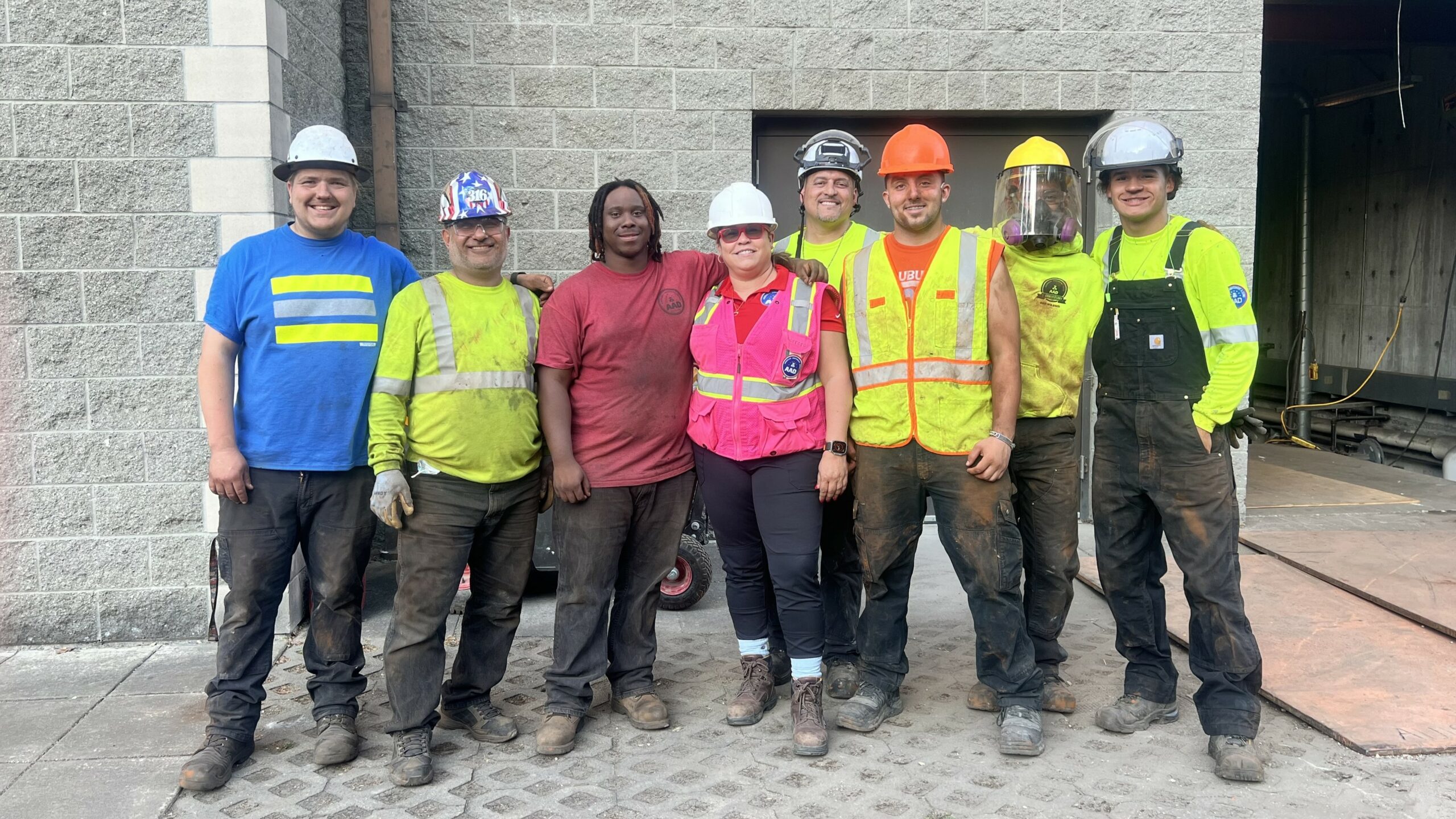Trying to figure out how to break into the tech industry can be daunting. Traditional four-year institutions can be expensive places to learn computer science and lack of exposure to the skills needed in the industry as a whole can derail a career before it gets started. In this Expanding Opportunities in Tech Work in Progress podcast series produced in partnership with Cognizant Foundation, we examine alternative, free training programs, each offering a foot in the door to teens and young adults from historically underrepresented groups in the tech industry, including women, BIPOC, and people from low-income backgrounds.
“Today, technology is at the center of our every action and interaction, and yet, these very technologies are overwhelmingly developed by—and tech companies led by—white men,” says Kristen Titus, Executive Director of Cognizant Foundation. “This leads to biases in AI, in tech, in platforms—but it also leads to inherently limited innovation. It’s critical that our tech workforce represent the diversity of all communities using those technologies.”
Diversity continues to be an issue in the software development and programming fields. Sixty-seven percent of software engineers are men and just 25% are women. More than half those working in the industry are white (53.9%), while only 7.2% identify as Hispanic or Latino—statistics that do not represent the overall demographics of the country.
“When we talk about building an inclusive tech industry, we must first recognize that traditional pathways into the field are one of the most significant hurdles we must overcome—we simply cannot bring diverse talent into the fold by sticking with the same pathways that have historically excluded so many people,” adds Titus.
Those barriers to entry into the field take many forms, from the cost of education to lack of exposure to role models in the industry to lack of industry network connections. There is room for vast improvement in the makeup of the industry and—here’s the good news—there are programs that are successfully opening the doors for groups who have been historically underrepresented in the industry.
Paid apprenticeships are a great example. They offer work experience as well as a paycheck, which can be particularly helpful to those who can’t afford to go to college to get a degree in computer sciences. “It’s a great opportunity. Many people can’t afford to stop and study for six months or a year. They need to work,” explains Jane Oates, president of WorkingNation and a former assistant secretary in the U.S. Department of Labor. “These learn-and-earn models are critical for people of all ages.”
Another learn-and-earn pathway is a paid internship, which Oates calls “unbelievably wonderful. Even though they’re not promised a job, we’ve seen lots of employers nationwide, large and small, look to those bank of paid interns who then become their pathway to employment. So they may be guaranteed an interview. They may be guaranteed some mentoring on how to get into the job, but they’re paid for their time. They’re really learning.”
Over the past few weeks, our Expanding Opportunities in Tech podcast series has examined programs that are intentionally recruiting students from these still underrepresented groups. Then, after basic software coding training, placed them in paid apprenticeship and internship positions. The results have proven the effectiveness of these short pathways—some less than 12 months—to a good-paying career. Three of the four people we profiled ended up working for the company they apprenticed with. The fourth is still in high school and is intending to continue pursuing a career in tech after graduating.
“One thing we see and hear time and time again is the adage that ‘you can’t be what you can’t see,’ and that’s why it’s so important to tell stories like those in this series—stories that center the voices of people who have completed programs and successfully pioneered new pathways into the industry,” says Titus. “These organizations are truly making a difference by changing the face of the tech industry—and changing the future of technology and innovation for the better.”
We Invite You to Listen to the Podcast Series Here
Expanding Opportunities in Tech: Multiverse
Expanding Opportunities in Tech: Marcy Lab School
Expanding Opportunities in Tech: Ada Developers Academy
Expanding Opportunities in Tech: Code2College











